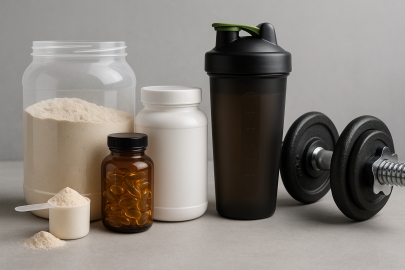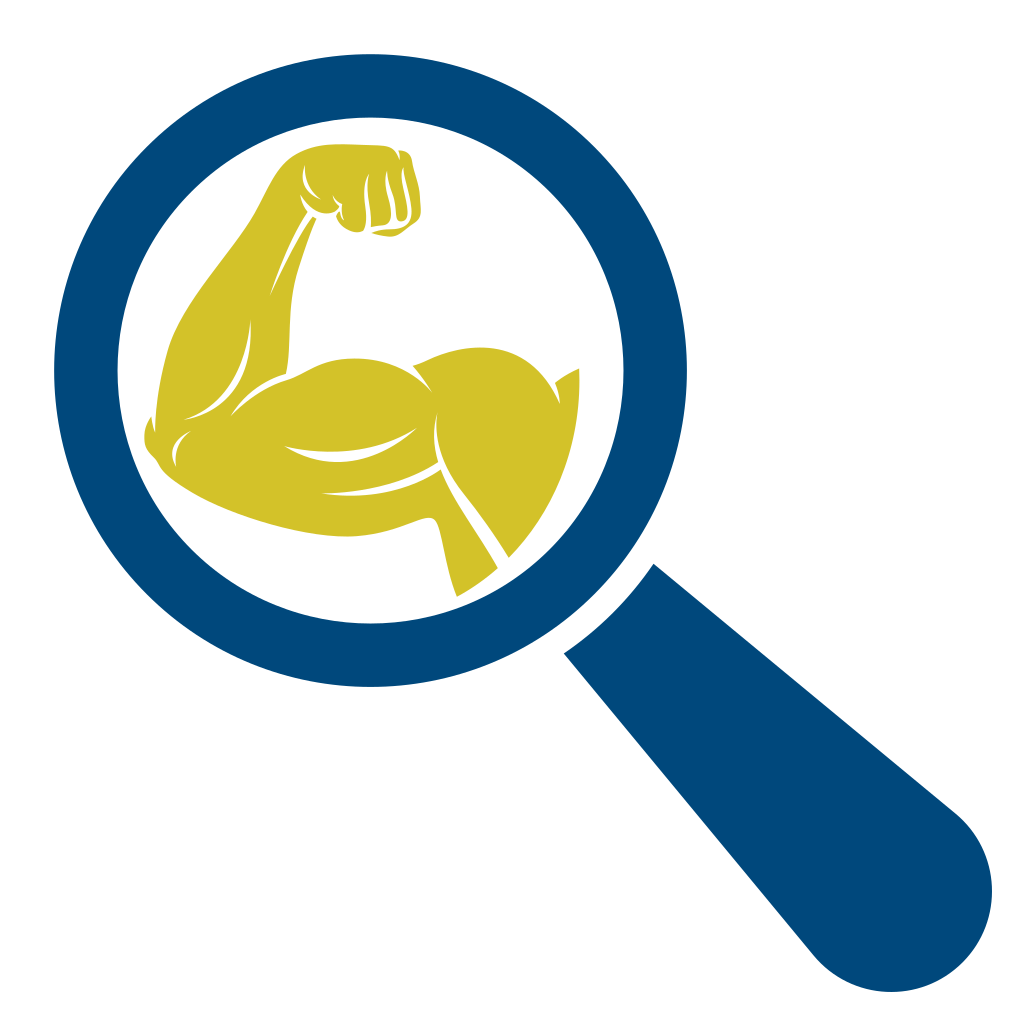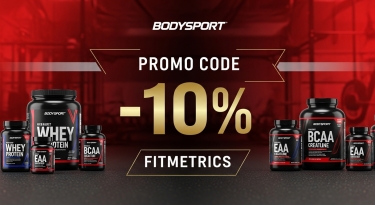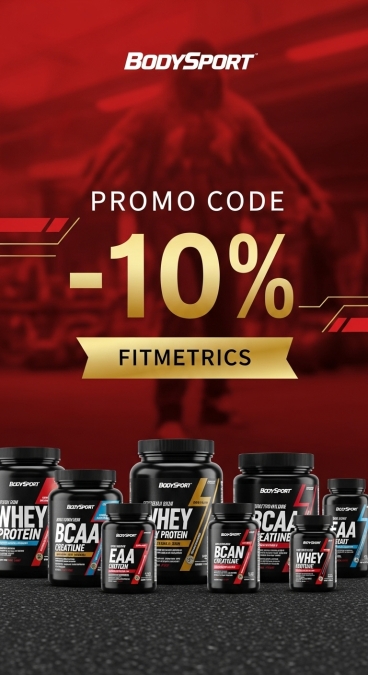Dietary supplements: what should you know?

Dietary supplements are everywhere in the fitness world. But are they really essential for making progress in strength training or improving physical fitness?
Understanding dietary supplements
A dietary supplement is designed to enhance your diet with specific nutrients. It doesn't replace meals but helps fill in nutritional gaps, especially for athletes and active individuals.
Must-haves for effective progress
Creatine: for strength and recovery
Naturally found in muscles, creatine boosts energy production (ATP) during short, intense efforts. It enhances power, supports recovery, and may even benefit cognitive health.
- 3 to 5 g daily on a consistent basis
- No loading phase required
- Can be taken at any time of the day
Whey and clear whey protein: muscle growth allies
Get your personalized program! 🎯
Stop wasting time with random exercises
Our AI creates a custom training program adapted to your goals, level, and available equipment. Get results faster with a structured plan designed just for you.
Whey protein is ideal for rebuilding muscle fibers after a workout. Clear whey, being more digestible, is great for those avoiding lactose while benefiting from rapid absorption.
- Convenient and fast source of high-quality protein
- Supports recovery and reduces cravings
- Suitable for both bulking and weight loss
Collagen: to support joints and tissues
Vital for joint health, collagen is the most abundant protein in the body. Supplementing it helps prevent injuries, strengthen tendons, and improve skin quality.
Omega-3: for inflammation and cardiovascular health
Omega-3 helps reduce post-workout muscle soreness, supports heart health, and aids in using fat as an energy source.
Multivitamins: a shield for your body
Multivitamins provide essential micronutrients (vitamin D, B12, magnesium, zinc) that are crucial for recovery, performance, and immunity, especially during intense physical effort.
Gainer: for fast metabolisms
Made of proteins and carbs, a gainer helps those who struggle to meet their daily calorie needs to gain weight more easily.
Carnitine and fat burners: to support fat loss
Carnitine helps use fat as fuel, while fat burners boost metabolism and curb appetite when following a calorie-deficit diet.
BCAAs: enhanced recovery and endurance
BCAAs (leucine, isoleucine, valine) reduce muscle breakdown during workouts and support faster recovery afterward.
Conclusion
Dietary supplements are not magic, but when used wisely, they optimize your performance, recovery, and health. Combine them with a balanced diet, regular activity, and a personalized program for lasting results.
Which dietary supplements are most useful for muscle building?
Creatine, whey protein, BCAAs, and omega-3s are the most recognized for improving strength, recovery, and muscle growth.
When should I take a whey protein shake?
Ideally right after training or as a snack between main meals to optimize recovery.
Does creatine cause hair loss?
No, scientific studies have not shown a direct link between creatine intake and hair loss.
Are dietary supplements necessary for progress?
No, they are not essential but can help you reach your goals when complementing a healthy diet.
What are the benefits of collagen for athletes?
It supports joints, tendons, and ligaments, helps prevent injuries, and improves recovery.
Should I take omega-3s before or after exercise?
They can be taken anytime during the day, preferably with a meal for better absorption.
Is a gainer useful for bulking up?
Yes, it provides a high-calorie intake suitable for those who struggle to gain weight despite eating a lot.
What’s the difference between whey and clear whey?
Whey is creamier and milk-based, while clear whey is lighter, fruit-flavored, and often better tolerated.
Credits

Sources
- https://www.youtube.com/watch?v=90kh9bffqRM

